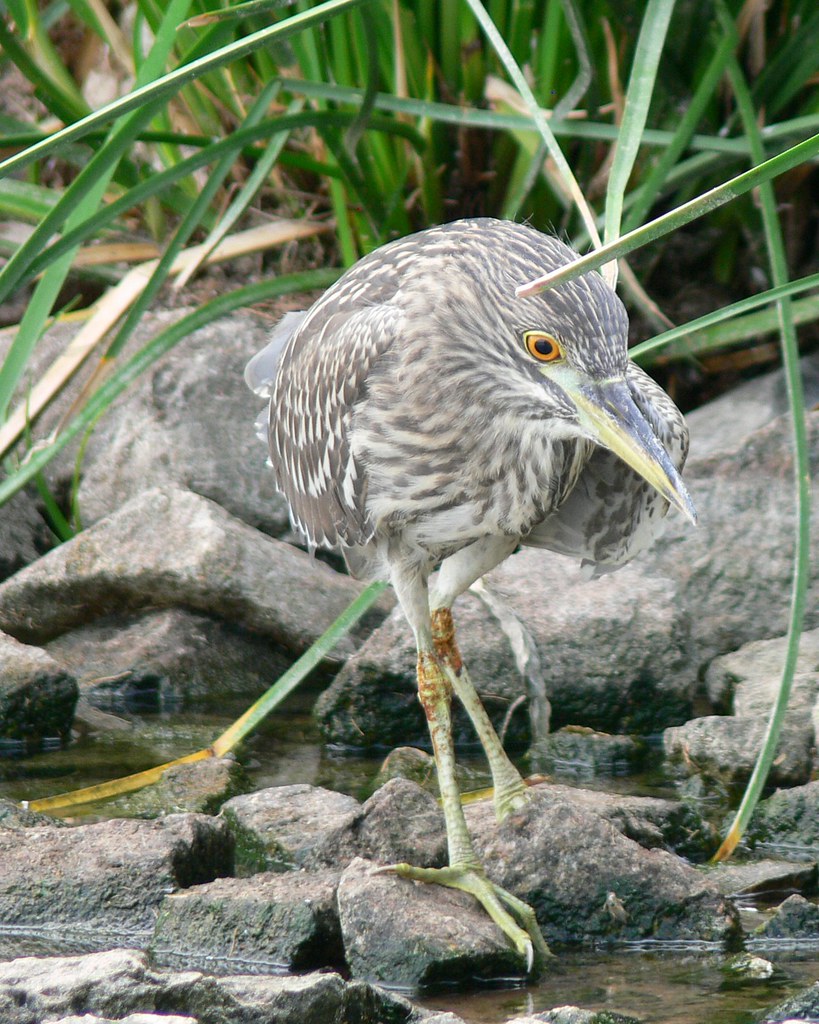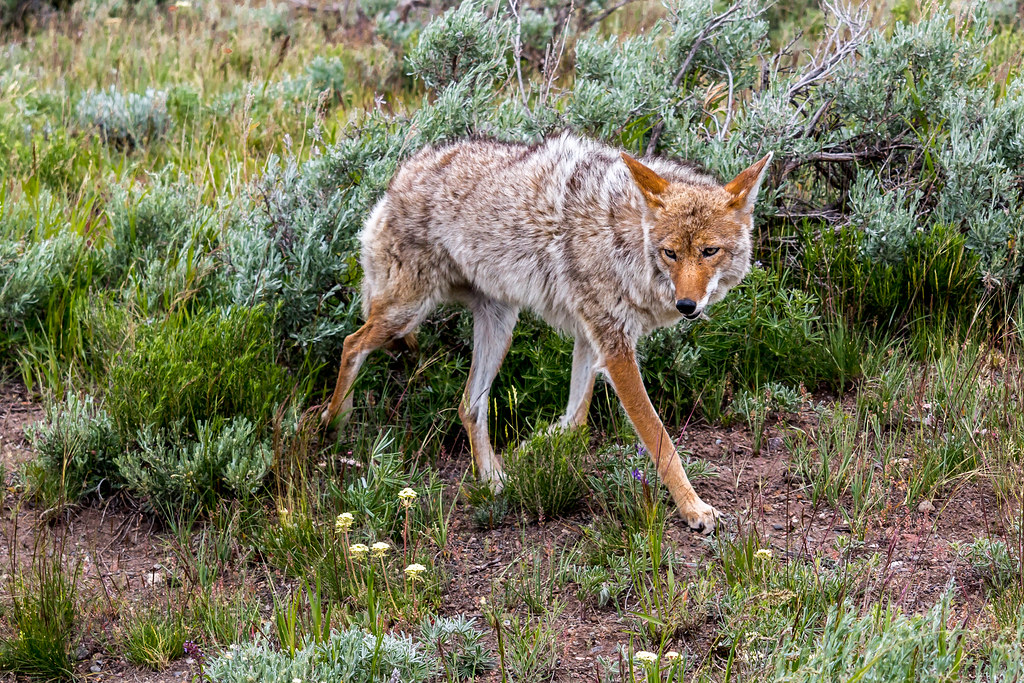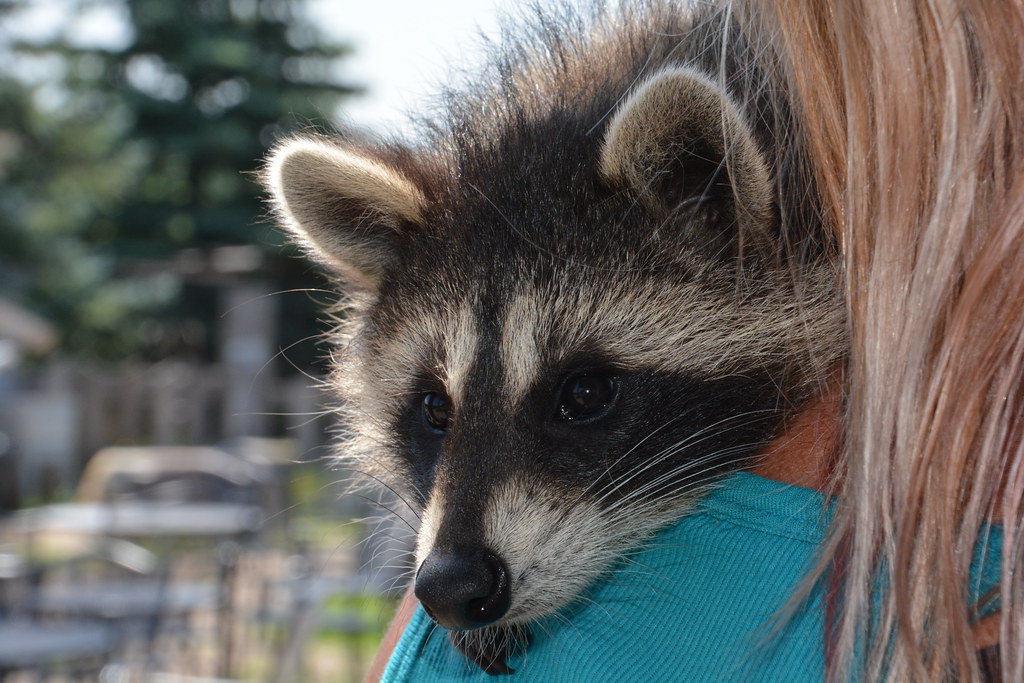In this week’s photo selection, let’s explore a trio of Australian birds, a piggybacked baby lemur in Yorkshire, a sure-footed heron in Arizona …
“The Masked Woodswallow (Artamus personatus) can be found in Australia and New Zealand. Most common in the west of Australia, mainly in drier areas. Its natural habitat is subtropical or tropical dry forests. Can be found in large flocks also containing the similar White-Browed Woodswallow. Highly nomadic pale grey with black or dusky face. Male: Black face, underparts delicate grey. Female: Dusky grey face, underparts brownish-grey. Immature: Wing feathers spotted & edged white. Juvenile: Head & body streaked dark & light grey, wing feather spotted & edged white. Voice: Nasal sounding ‘Chirp’ or ‘Check’. Nesting: Cups of new green grass, drying out to become not so green, in hollow stumps or broken branch tops. Eggs: Speckled greyish, greenish or greyish. 2-3 per lay.” – Lea Duckitt
https://www.flickr.com/photos/janice2012/14595877161
“Ring-tailed Lemur and cute baby at Yorkshire Wildlife Park.” – Janice
“A medium-sized, stocky, rather short-necked heron with black crown and back, gray wings, and white underparts.” – Jack
Location: Riparian Preserve at Water Ranch, Gilbert, Arizona.
Location: Brickdam, Guyana.
“A coyote on the northern grasslands in the Yellowstone National Park.” – Thomas Franta
“Photographed at Fur Ever Wild, Lakeville, Minnesota” – Scott Henderson
To join this series, tweet @flickr with your favorite wildlife photos, and include the hashtag #WildlifeWednesday. And if you’d rather not tweet, simply include the same hashtag in your Flickr photo title, or tag it with WildlifeWednesday.
We look forward to seeing your contributions and featuring a new selection of your photo submissions every Wednesday here on our blog.
Previous week: Wildlife Wednesday: Pilanesberg





